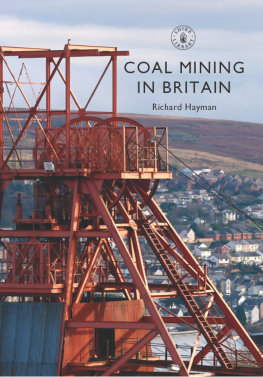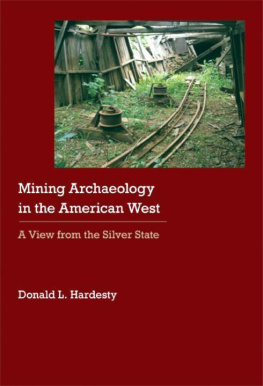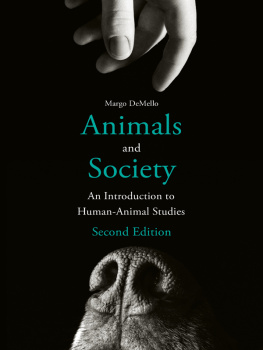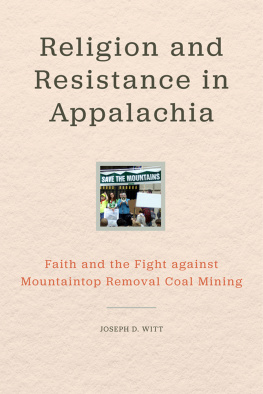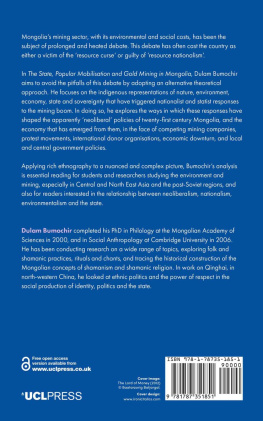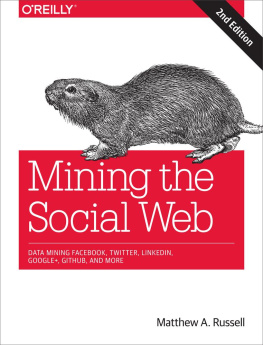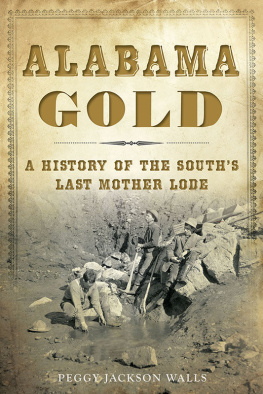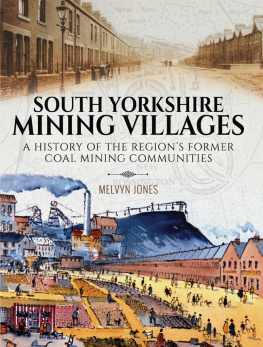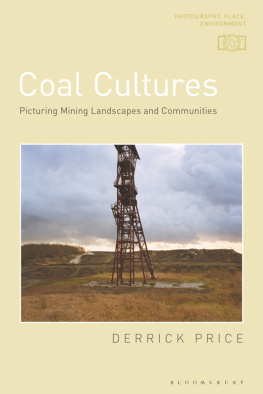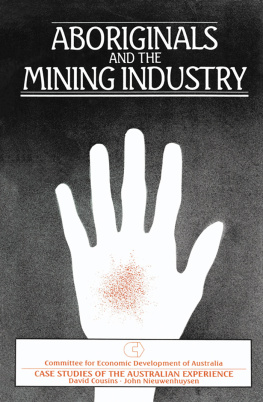The Deutsche Nationalbibliothek lists this publication in the Deutsche Nationalbibliografie; detailed bibliographic data are available on the Internet at http://dnb.dnb.de.
List of authors
Prof. Jrg Arnold, Ph.D. is Assistant Professor in Contemporary History (permanent post). He received his BA in 1997 (Southampton), acquired his Staatsexamen in 2002 (Heidelberg) and made his PhD in Modern German History in 2007 (Southampton).
His research interests contain social and cultural history of de-industrialisation, British coal mining since 1945, World War Two bombing and memory and urban history. Among others, his most important publications are:
Arnold, Jrg, ed. 2018. Britain and the end of coal. Special issue, Contemporary British History 32, no. 1.
Arnold, Jrg. 2016. Vom Verlierer zum Gewinner und zurck. Der coal miner als Schlsselfigur der britischen Zeitgeschichte. Geschichte und Gesellschaft 42, no. 2: 26697.
Arnold, Jrg. 2016. The Allied Air War and Urban Memory: The Legacy of Strategic Bombing in Germany (Studies in the Social and Cultural History of Modern Warfare 35). Cambridge: Cambridge University Press.
Prof. Alain Beltran is currently Professor at the University Paris-Sorbonne (Paris 1), Research Director (Directeur de recherche) of the National Center for Scientific Research (CNRS) and President of the Committee for the history of energy.
His main research fields include the history of Energy in the 19th-21st centuries (oil and gas, electricity, energy savings), business history (especially state-owned companies), networks and territories and patent history.
Dr. Lars Bluma is director of the Zentrum fr Stadtgeschichte und Industriekultur Wuppertal. He is chairman of the Netzwerk fr Industriekultur Bergisches Land e.V. He obtained his PhD in 2004 from Ruhr University Bochum with a thesis on Norbert Wiener and the origin of cybernetics. After several years as a research fellow at the Ruhr University he was involved in a three year research project (20072009) dealing with the history of the miner`s mutual benefit society in Germany (Knappschaft). Within this research project, which was supported by the Leibniz-Gemeinschaft, he finished a study about the healthcare policy in German mining. His last research projects on Industrialization and the miner`s body. Biopolitics in mining at the Ruhr, 1890 1980 and Participative risk policy? Risk regulation of silicosis in coal mining in West Germany and Great Britain has been supported by the German Research Foundation (DFG). From 2012 to 2018 he was head of the Mining History Department at the Deutsches Bergbau-Museum Bochum.
His primary research interests are history of industrialization, mining history and history of technology and science. His publications include:
Bluma, Lars. 2020. Friedrich Engels. Ein Gespenst geht um in Europa. Begleitband zur Engelsausstellung 2020. Remscheid: Bergischer Verlag.
Bluma, Lars. 2019. The History of Medicine Meets Labour History. Miners Bodies in the Age of Industrialization. German History 37, no. 3: 34558.
Bluma, Lars. 2017. Moderne Bergbaugeschichte. Der Anschnitt. Zeitschrift fr Montangeschichte 69, no. 3: 13851.
Bluma, Lars, and Judith Rainhorn, eds. 2014. A History of the Workplace. Environment and Health at Stake. New York/London: Routledge.
Bluma, Lars. 2013. The Hygienic Movement and German Mining 18901914. European Review of History Revue europeen d`histoire 20, no. 2: 17796.
Dr. Sara-Marie Demiriz studied modern history, political science and cultural studies at the University of Mnster, Demiriz became a research fellow at Religion and politics Cluster of Excellence at Mnster University (20092012). She earned her doctoral degree (Dr. phil.) in 2015 with a thesis on Sacralised politics in the Turkish Republic. Kemalist state and personal cult in national holidays and memorial days 19231938. From 2013 to 2015 she worked as research fellow at the Institut fr Stadtgeschichte Gelsenkirchen revising and renewing the permanent exhibition of the Documentation site Gelsenkirchen in the times of national socialism. Between 2016 and 2018 she was fellow and postdoctoral researcher of the History of the Ruhr Foundation Bochum, working on the interaction of migration and education related to the labour migration after 1945 in the Ruhr Area. From 2018 to 2020 she was Wissenschaftliche Referentin of the Planungsgruppe Geschichte, Politik und Demokratie Nordrhein-Westfalens (Landtag NRW) and is now research fellow of the Foundation Haus der Geschichte Nordrhein-Westfalen in Dsseldorf. Her research interest includes cultural history, migration studies, the study of nationalism, the study of national socialism and the history of science.
Her publications include:
Demiriz, Sara-Marie, Jan Kellershohn, and Anne Otto, eds. Transformationsversprechen. Zur Geschichte von Bildung und Wissen in Montanregionen. Essen: Klartext, (in press).
Demiriz, Sara-Marie. 2020. Einwanderung ins Ruhrgebiet. Migration als Motor von Wissen und Wissenschaft. In Forschung, Kultur und Bildung. Wissenschaft im Ruhrgebiet zwischen Hochindustrialisierung und Wissensgesellschaft, edited by Jens Adamski et al., 43552. Essen: Klartext.
Demiriz, Sara-Marie. 2020. The Image of Ataturk in Early Republican National Celebrations. In Kemalism as a Fixed Variable in the Republic of Turkey, edited by Lutz Berger, and Tamer Dzyol, 2744. Baden-Baden: Ergon.
Demiriz, Sara-Marie, and Stefan Goch. 2019. Schon immer und immer weiter ein Schmelztiegel das Ruhrgebiet ein Vorreiter von Integrationspolitik? Forum Geschichtskultur Ruhr, no. 2: 2532.
Demiriz, Sara-Marie. 2018. Vom Gastarbeiter zum Mitbrger Integration durch Bildung in Nordrhein-Westfalen am Beispiel der Revierarbeitsgemeinschaft fr kulturelle Bergmannsbetreuung im Ruhrgebiet. Geschichte im Westen 33: 22755.
Demiriz, Sara-Marie. 2018. Vom Osmanen zum Trken. Nationale und Staatsbrgerliche Erziehung durch Feier- und Gedenktage in der Trkischen Republik 19231938. Baden-Baden: Ergon.
Pia Eiringhaus, M. A./M. Ed. joined Martin Luther University Halle-Wittenberg in November 2018. She is working towards her doctorate in the context of the DFG-funded project Precarious kinship. Negotiations about adoption and incest after 1945, which explores the post-1945 history of adoption in the Federal Republic of Germany. Before, Pia Eiringhaus was a researcher at the Institute for Social Movements in Bochum and she spent the autumn of 2018 as a Research Fellow at the University of Sao Paulo, Brazil. She completed her history and teaching degree at Ruhr-Universitt Bochum in March 2017. Her research interests are contemporary German history, the history of education and the family, and cultures of history and memory around structural change and deindustrialisation.
Recent publication:
Eiringhaus, Pia, Bettina Hnersdorf, and Till Kssler. 2021. Zur Familialitt von Pflege- und Adoptivfamilien. Sozialpdagogische und historische Perspektiven (DGfE-Sektion Sozialpdagogik und Pdagogik der frhen Kindheit, Conference in Lneburg 23 24th May 2019) (forthcoming 2021).
Dr. Michael Farrenkopf studied history, journalism and art history at the Universities of Mainz and Berlin between 1987 and 1994. Between 1995 and 1998 he was research fellow at Deutsches Bergbau-Museum Bochum (DBM), working on a comprehensive history of the cokemaking industry (published in two volumes in 2003). 1999/2000 he wrote his PhD thesis at the Technical University of Berlin on the topic Fire Damp and Coal Dust. The explosion risk in the industrial Ruhr mining (18501914), published 2003 in German language, for which he received the Young Investigator Award of the Georg-Agricola-Gesellschaft zur Frderung der Geschichte der Naturwissenschaften und der Technik e.V. (now Georg-Agricola-Gesellschaft fr Technikgeschichte und Industriekultur e.V.). Since 2001 he is head of the Mining History Document Centre at DBM, between 2001 and 2010 he was also editor in chief of the mining history magazine DER ANSCHNITT. Since 2003 he is lecturer at the history faculty of the Ruhr-University Bochum, since 2014 also lecturer at the Institute for industrial archaeology and history of science and technology at the Technical University Bergakademie Freiberg in Saxony. Since 2014 he is member of the steering committee and since 2020 he is vice director of DBM.


